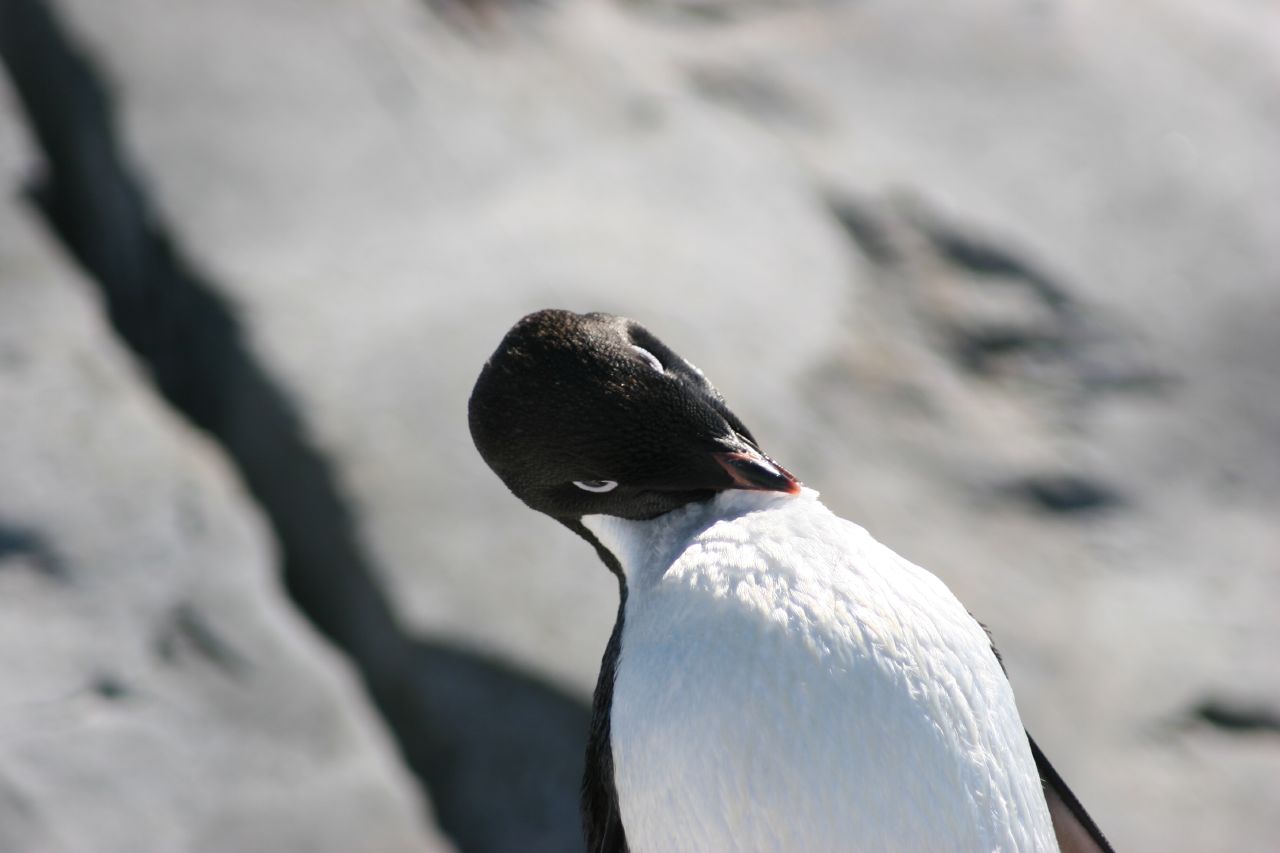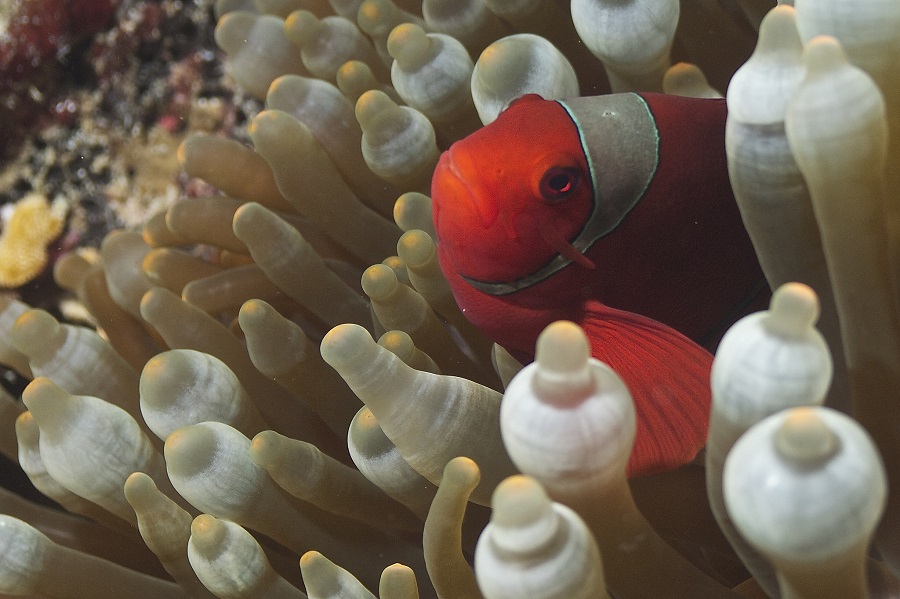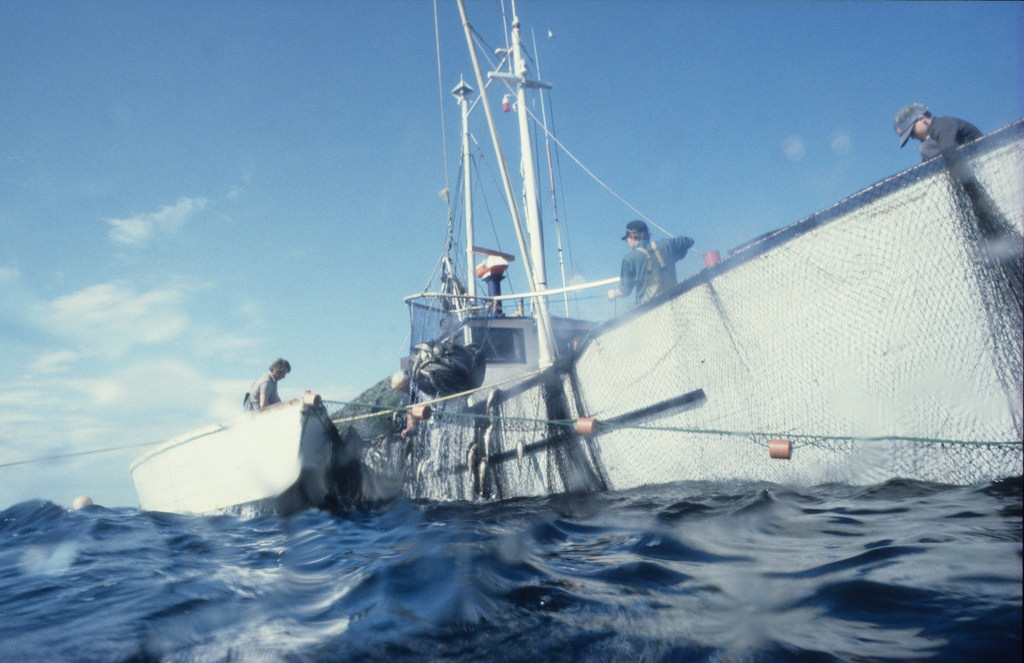
Photo by Tak, Flickr.
Twenty-three experts involved in the study “Antarctica and the strategic plan for biodiversity,” recently published in PLoS Biology, debunked the popular view that Antarctica and the Southern Ocean are in a better environmental shape than the rest of the world. In fact, the difference between the status of biodiversity in the region and planet Earth as a whole is negligible.







